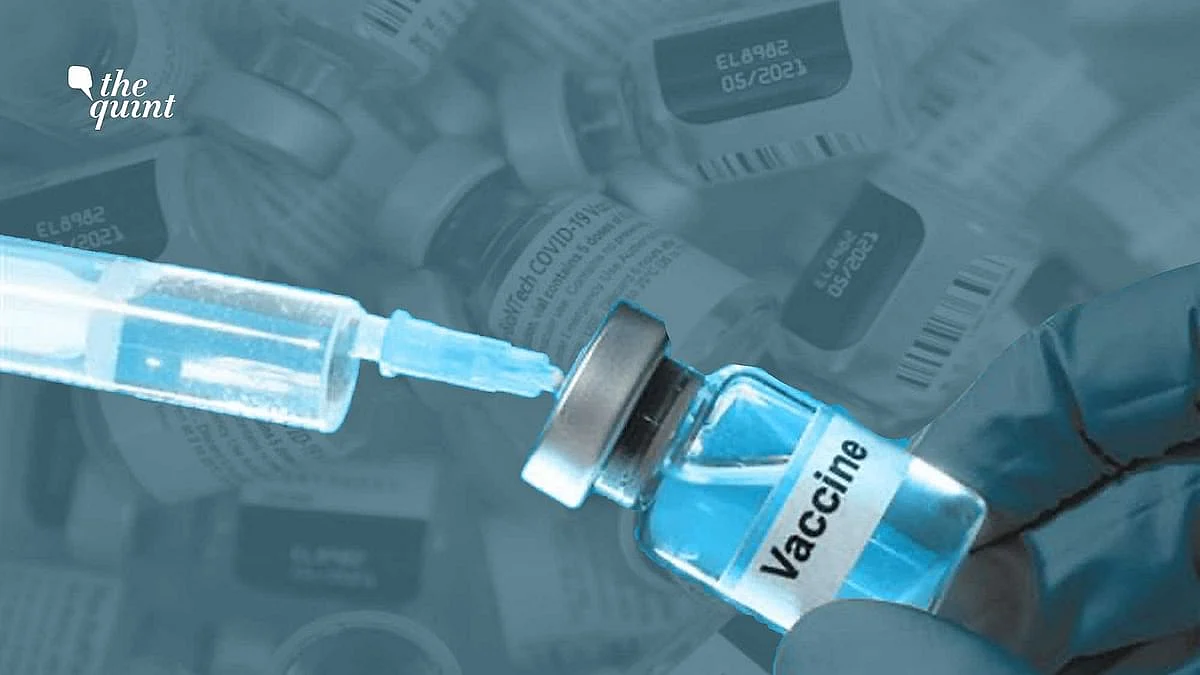Omicron-Specific COVID Vaccine: What's Happening With Pfizer & Moderna's Trials?
How will these trials be conducted? How many people will be involved?

advertisement
Soon after Pfizer and BioNTech, Moderna has also announced that it has started clinical trials for an Omicron-specific COVID-19 vaccine (booster dose) in healthy adults.
Moderna's announcement came on Wednesday, 26 January, a day after Pfizer and BioNTech launched a similar clinical trial.
How will these trials be conducted? How many people will be involved? Here's what we know.
How many people will be involved in the trial?
The trials would involve:
Pfizer and BioNTech: 1,420 participants
Moderna: Around 600 participants
What age group of people will be involved in the trials?
Age group of people involved in the trial are:
Pfizer and BioNTech: 18-55 years
Moderna: 18 years and older
On what basis will the trials be evaluated?
According to a joint statement by Pfizer and BioNTech, the trials would evaluated based on:
Safety
Tolerability
Immunogenicity of the vaccine candidates.
What does this study aim to achieve?
This study aims to develop a variant-based vaccine that:
Is safe for use.
Achieves a similar level of protection against Omicron (like other variants).
Provides longer duration of protection.
How will Pfizer and BioNTech go about the trials?
Pfizer and BioNTech divided the volunteers in three groups in the following manner:
Group 1 (around 600 volunteers):
Already received two doses (BioNTech or Pfizer).
Received doses between 90 and 180 days before the study starts.
Would receive one or two doses of the Omicron-based vaccine.
Group 2 (around 600 volunteers):
Already received three vaccine doses (BioNTech or Pfizer).
Would receive one dose of the Omicron-based vaccine.
Group 3 (around 200 volunteers):
Unvaccinated people.
Have not previously had COVID-19.
Would receive three doses of the Omicron-based vaccine.
How will Moderna conduct the trials?
Moderna divided the volunteers in three groups in the following manner:
Group 1 (around 300 volunteers):
Already received two doses (Moderna mRNA-1273).
Would receive Omicron-based booster.
Group 2 (around 300 volunteers):
Already received two doses (Moderna mRNA-1273).
Already received booster.
Would receive Omicron-based booster.
Why should there be a variant-specific vaccine?
Booster shots induce stronger immune response in people but tend to show lower efficacy within six months, studies have shown. Variant-specific vaccine are required to provide similar protection for a longer duration.
(Input from IANS and Reuters)